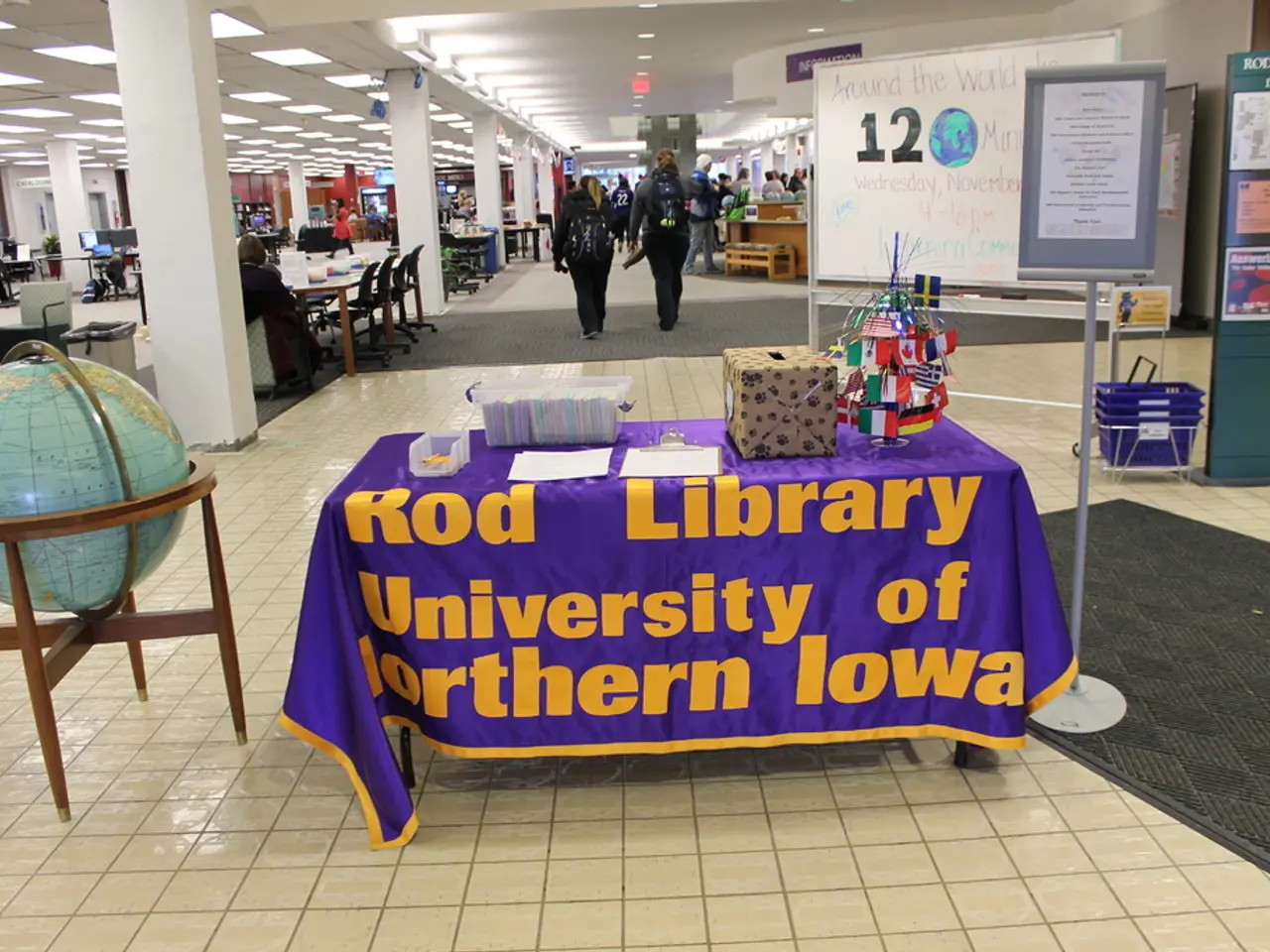Encouraging Student Involvement for World Cancer Day - Empowering Learning and Awareness
World Cancer Day, a global observance held every year on February 4th, serves as a crucial platform for raising awareness about cancer, emphasizing prevention, and supporting research initiatives. This year, schools across the globe are embracing the opportunity to inspire the next generation to continue the vital work against cancer.
In educational settings, World Cancer Day activities offer a unique chance to educate students on the importance of cancer prevention, early detection, and research. These activities are designed to engage students, promote cancer awareness, and support research initiatives through a variety of interactive, educational, and fundraising events.
Poster Making and Awareness Campaigns
Students create informative posters highlighting cancer prevention, early detection, and healthy lifestyle choices. These posters are displayed around the school, educating the wider community and fostering student creativity and engagement.
Student Speeches and Presentations
Organize sessions where students deliver speeches on cancer awareness topics such as risk factors, the importance of screenings, and advances in cancer research. This not only promotes knowledge sharing but also helps students develop advocacy skills.
Themed Events and Fundraisers
Themed days, talent shows, art exhibitions, concerts, scavenger hunts, and relay races are just a few examples of events that can be organized to engage students, raise funds for cancer research, and foster a sense of solidarity.
Educational Workshops and Lunch & Learns
Healthcare professionals, cancer survivors, or advocates deliver talks on cancer prevention, detection, and treatment advances. These sessions are followed by discussion sessions, Q&A, or advocacy training to deepen understanding and commitment.
Peer Support and Advocacy Training
Encourage students to participate in or organize support groups or advocacy networks. Peer education and support have been shown to improve screening rates and patient outcomes.
Solidarity Actions
Symbolic activities such as head-shaving events show solidarity with children undergoing cancer treatment and serve as fundraisers for specific cancer research.
Social Media Campaigns
Encourage students to update their social profiles with awareness ribbons or themed filters, spreading information beyond the school and engaging their broader social networks.
Strengthening ties with the community through collaboration with health organizations amplifies the impact of World Cancer Day activities and positions the school as an active participant in public health advocacy. These activities educate students on cancer's impact, empower them to advocate for healthier lifestyles, and generate funds to support research and patient care.
Incorporating World Cancer Day activities in schools enhances students' understanding of cancer, underscores the significance of early detection and prevention, and fosters empathy towards those affected by the disease. By educating the younger generation about cancer, we are cultivating a more informed and health-conscious society.
It is essential to utilise reputable sources such as the World Health Organization (WHO) or local cancer societies for accurate information. Oncology experts can deliver seminars on cancer prevention, early detection, and the importance of a healthy lifestyle.
Activities can be tailored to different age groups to ensure the message is appropriate and impactful for all students. Younger students focus on simple messages about healthy living, while older students delve deeper into topics like genetic factors, lifestyle choices, and the science behind cancer.
World Cancer Day activities cultivate a sense of community and solidarity among students as they work together for a common cause. By participating in these activities, students learn the importance of collaboration and advocacy in the fight against cancer.
- To support research initiatives and increase awareness about cancer, schools can host fundraising events like charity runs or bake sales with proceeds donated to medical organizations.
- Schools can invite therapists to lead discussions on mental health issues that often arise during cancer treatment, promoting holistic healthcare education.
- Workplace wellness programs can be introduced in schools to educate students on the importance of nutrition, skin care, and fitness and exercise routines for maintaining a healthy body.
- Schools can bring in nutritionists to lead workshops on healthy eating habits and the role of diet in cancer prevention and treatment.
- Educational lectures on chronic diseases and personal growth can help students understand how making positive lifestyle choices can reduce the risk of developing cancer.
- Schools can work with medical professionals to offer career development workshops, encouraging students to pursue careers in cancer research, healthcare, or advocacy.
- Education and self-development workshops focusing on coping mechanisms and resilience during challenging times can help equip students to handle the emotional impact of cancer.
- By engaging with local healthcare providers, schools can collaborate on health fairs that provide students with free or low-cost screenings for various medical conditions.
- Schools can organize workshops on different therapies and treatments available for cancer patients, helping students become more informed and empathetic caregivers in the future.




